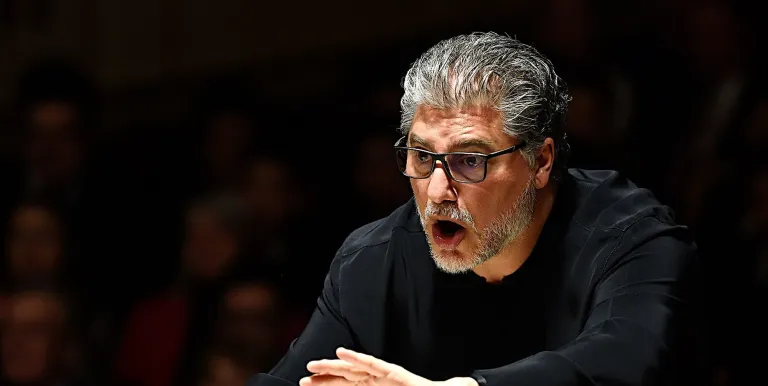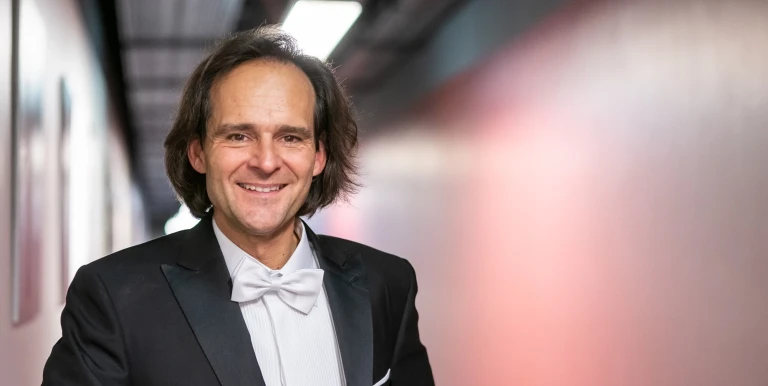Conductor:
Featuring:
In 1868, following the death of Rossini, Giuseppe Verdi set about making plans to compose a mass for the death. He started out pursuing the idea of a massive work with each of its movements created by a different Italian composer. The plan, however, never came to fruition. Nevertheless, Verdi did compose his own part, the Libera me movement, and after it emerged that no one would be taking on the Dies irae, he set about creating outlines for that as well. Two years later, at the encouragement of a friend, he began to develop the other movements too. The work received fresh impetus from the 1873 death of Alessandro Manzoni, an illustrious figure in Italian literature and a good friend of Verdi's. By this time, it was specifically to Manzoni's memory that the composer intended the work, which was finally performed for the first time in Milan's Basilica of San Marco on 22 May 1874. Some of Verdi's leading contemporaries in the music world spoke enthusiastically about the Requiem, with Brahms straight out declaring its composer a genius. Others - such as Hans von Bülow and Richard Wagner - either cast aspersions on the piece's virtues or else remained tellingly silent about it.
Julian Budden, one of the most noteworthy Verdi scholars, wrote that the Requiem shows the composer's brilliance in its most concentrated form: "it was into this work that Verdi poured all the purely musical resources that he had developed in the course of 26 operas, and which he could here exploit to the full without having to take into account the special demands which a stage action inevitably imposes.'
The conductor for the evening will be one of the most sensitive interpreters of Verdi's music: José Cura.
Presented by: Hungarian Radio Art Groups
-
We wish to inform you that in the event that Müpa Budapest's underground garage and outdoor car park are operating at full capacity, it is advisable to plan for increased waiting times when you arrive. In order to avoid this, we recommend that you depart for our events in time, so that you you can find the ideal parking spot quickly and smoothly and arrive for our performance in comfort. The Müpa Budapest underground garage gates will be operated by an automatic number plate recognition system. Parking is free of charge for visitors with tickets to any of our paid performances on that given day. The detailed parking policy of Müpa Budapest is available here.










